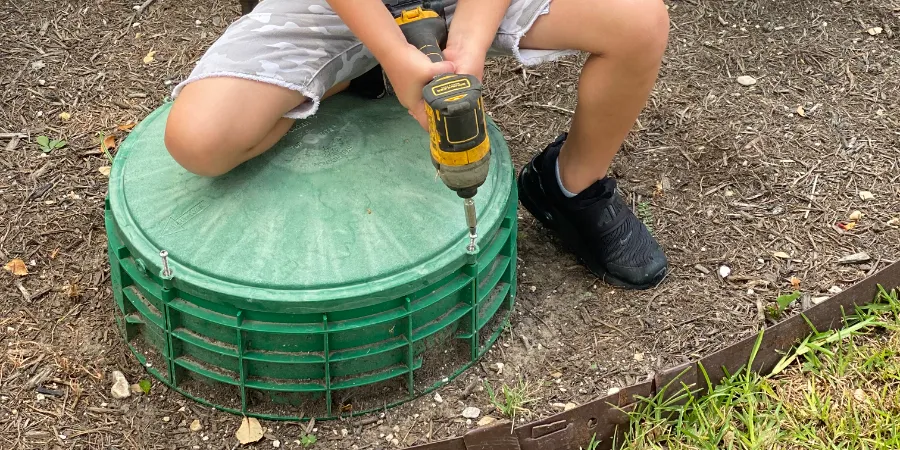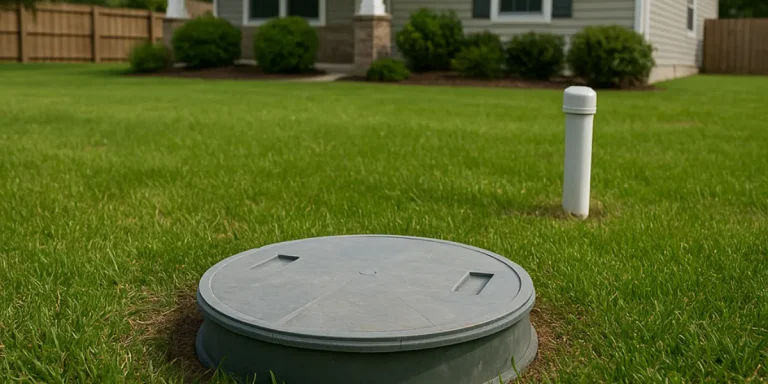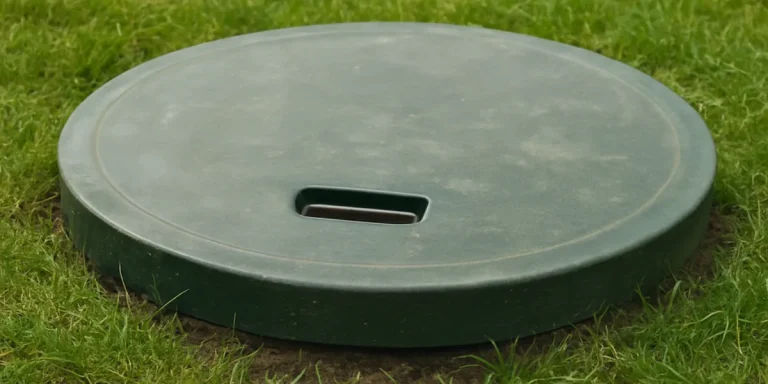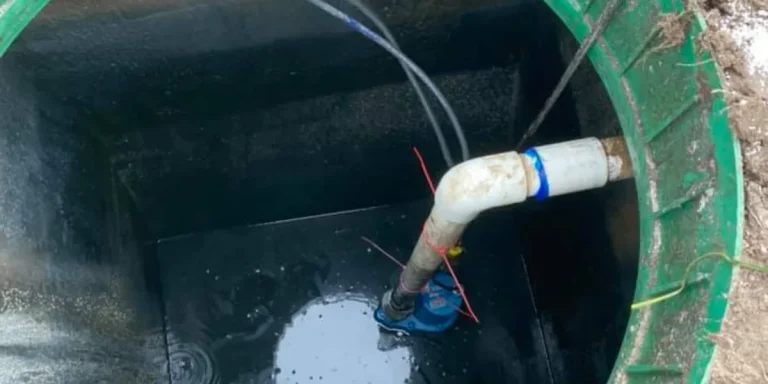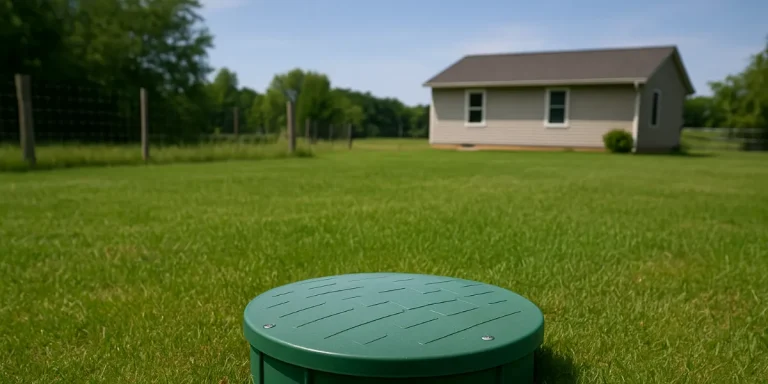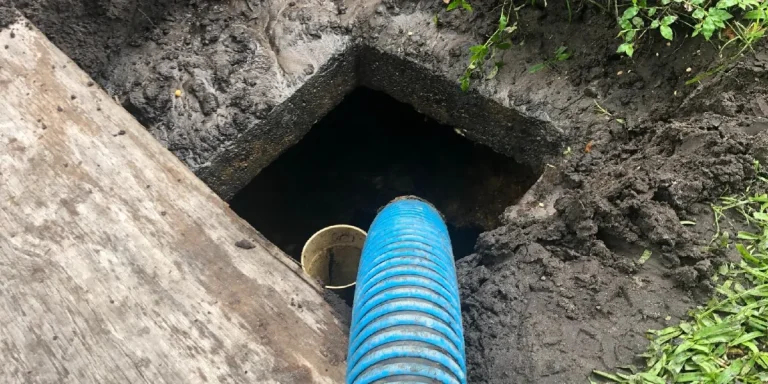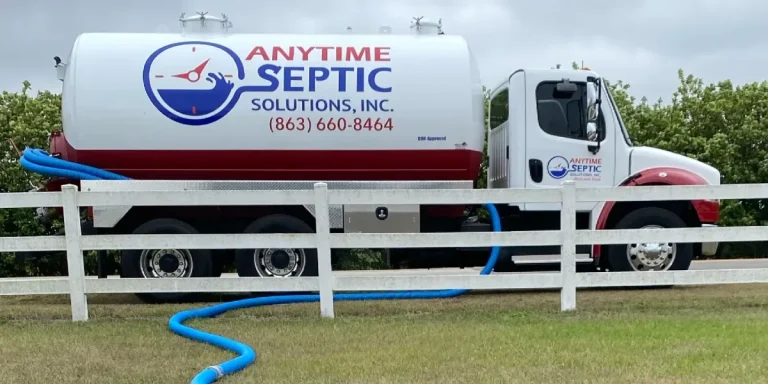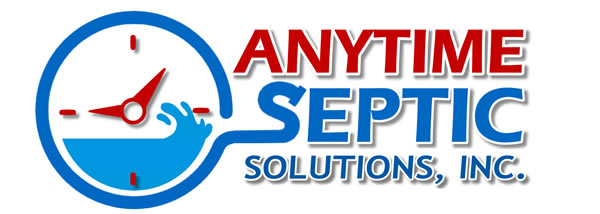The Role of Bacteria in Your Septic System
The Role of Bacteria in Your Septic System
Bacteria play a vital role in the functioning of your septic system. They help break down and decompose the waste that enters your septic tank. This biological process is essential for maintaining a healthy and efficient septic system. In this article, we will explore how beneficial bacteria work, dispel common myths about septic system additives, and offer practical tips for maintaining a balanced bacterial environment.
How Beneficial Bacteria Work
The Breakdown Process
When waste enters your septic tank, it separates into three layers:
- Scum: The top layer consists of oils, fats, and grease.
- Effluent: The middle layer is mostly liquid, which flows out to the drain field.
- Sludge: The bottom layer is composed of heavier solids.
Beneficial bacteria are present in the sludge and effluent layers. These microorganisms digest organic matter, converting it into gases and water. This process reduces the volume of solids, preventing the tank from filling up too quickly.
Types of Bacteria
There are two main types of bacteria in a septic system:
- Aerobic Bacteria: These bacteria require oxygen to survive and are more efficient at breaking down waste. They are usually found in the drain field where oxygen is more available.
- Anaerobic Bacteria: These bacteria thrive in environments without oxygen. They are found in the septic tank and are responsible for breaking down the majority of the waste.
Both types of bacteria are essential for a balanced and effective septic system.
Myths About Septic System Additives
Adding Fish or a Chicken
A common myth is that adding fish or a chicken to your septic tank can boost bacterial activity. This is not entirely true. Introducing foreign objects or animal carcasses can disrupt the delicate balance of bacteria and potentially cause more harm than good.
Using Chemical Additives
Another myth is that chemical additives can enhance septic system performance. While some products claim to improve bacterial activity, they can actually kill beneficial bacteria. Also, never use chemicals like bleach, antifreeze, and harsh cleaners in your sinks or drains as they can harm the bacterial balance in your septic tank.
Flushing Non-Flushable Items
Flushing items like baby wipes, feminine hygiene products, and other non-flushable materials can cause significant blockages in your septic system. These items do not break down like toilet paper and can accumulate, leading to backups and system failures.
Maintaining a Healthy Bacterial Balance
Regular Pumping
Regular septic tank pumping is important to remove excess sludge and prevent the tank from overflowing. Pumping should be done every 3 to 5 years, depending on the size of your tank and household usage.
Using Septic-Safe Products
Use septic-safe cleaning products and avoid harsh chemicals. Look for labels that indicate the product is safe for septic systems. These products are less likely to harm beneficial bacteria.
Avoiding Overuse of Water
Conserving water helps maintain the balance in your septic system. Overloading the system with too much water can dilute the bacterial population and reduce their efficiency.
Proper Waste Disposal
Dispose of grease, fats, and oils in the trash instead of down the drain. These substances can form a thick scum layer that bacteria cannot break down easily.
Signs of a Bacterial Imbalance
Foul Odors
If you notice foul odors coming from your drains or around your septic tank, it could indicate a bacterial imbalance. This may be a sign that the bacteria are not breaking down waste effectively.
Slow Drains
Slow-draining sinks, tubs, and toilets can indicate a problem with the bacterial balance. It may mean that waste is not decomposing properly, leading to blockages.
Sewage Backups
Sewage backups are a serious sign of septic system failure. They often occur when the bacterial balance is disrupted, causing waste to build up and block the system.
The Importance of Professional Maintenance
Regular Inspections
Professional septic inspections can help identify and address bacterial imbalances before they become major problems. A septic system professional can assess the health of your tank and recommend appropriate maintenance.
Treatment Options
If a bacterial imbalance is detected, there are treatment options available. The first option is usually to pump out the septic tank so you can remove all of the solids and it can be sort of like a “restart” for the system. There are also specific additives that claim to enhance the populations of beneficial bacteria but these have never been proven to work exceptionally well.
Expert Advice
Septic system professionals can provide expert advice on maintaining a healthy bacterial balance. They can recommend best practices and products to ensure your system operates efficiently.
Beneficial bacteria are essential for the proper functioning of your septic system. They break down waste, prevent clogs, and keep your system running smoothly. By avoiding common myths and maintaining a healthy bacterial balance, you can ensure the longevity and efficiency of your septic system.
If you experience any issues or need professional maintenance, contact Anytime Septic Solutions, Inc. today. Our team of experts is ready to help you with all your septic system needs. Call us now (863) 397-0720 or fill out our contact form to schedule a service. Let us keep your septic system in top condition!

